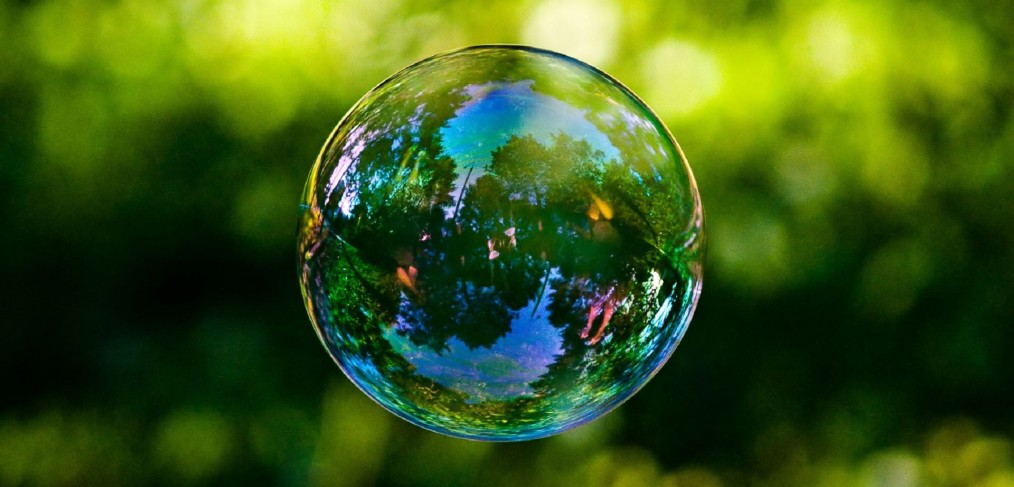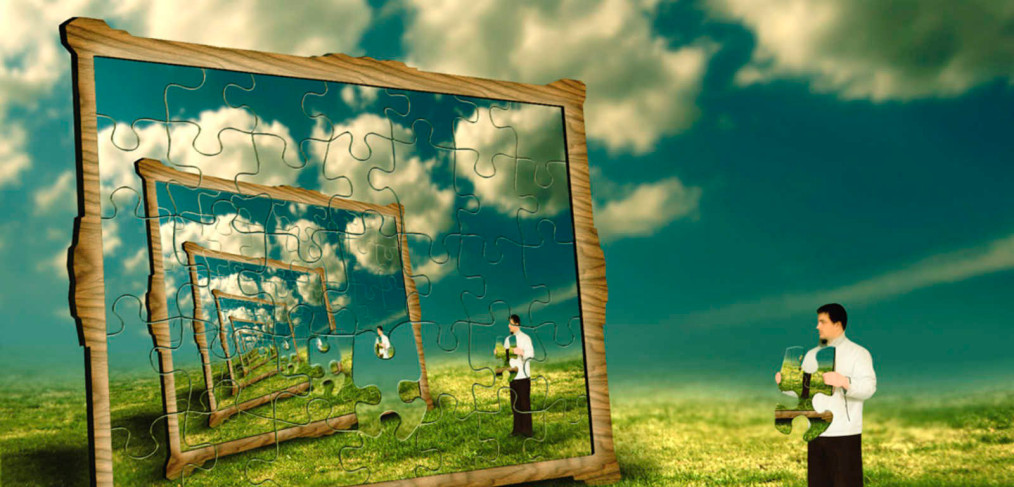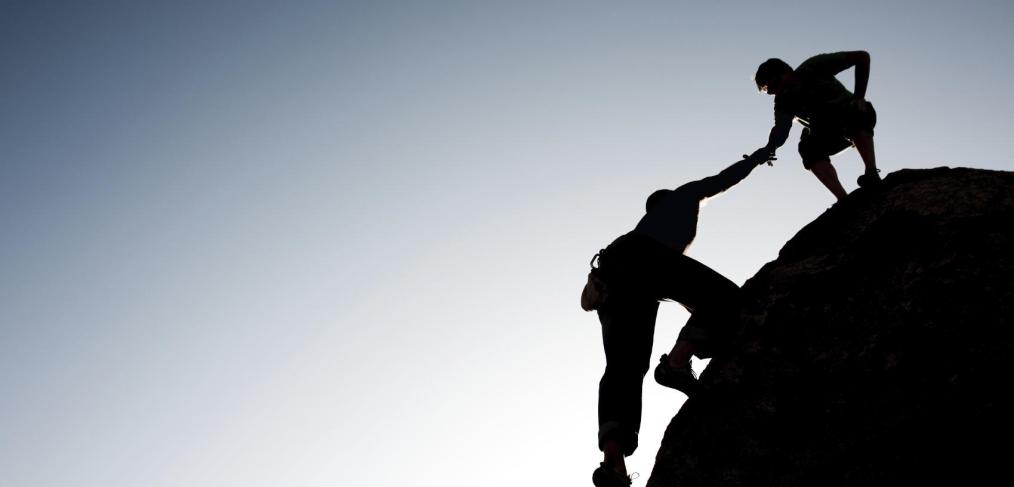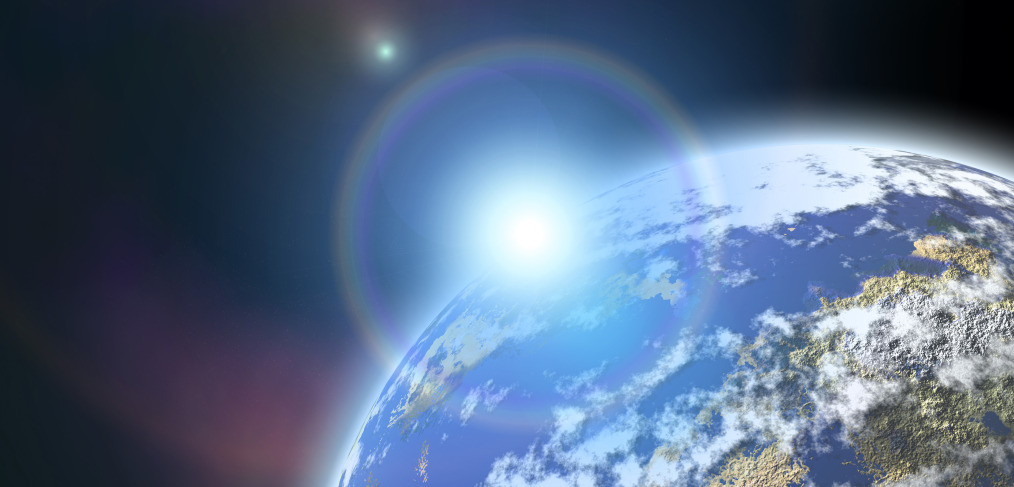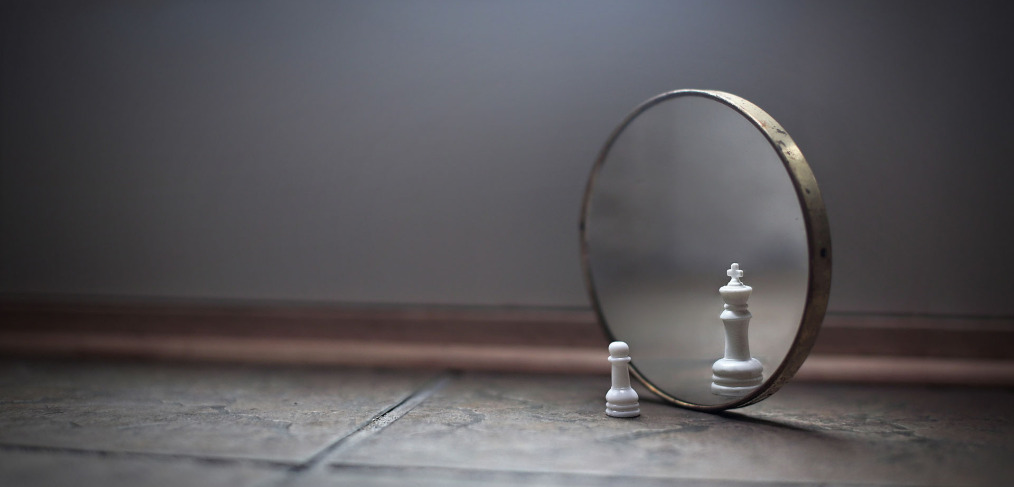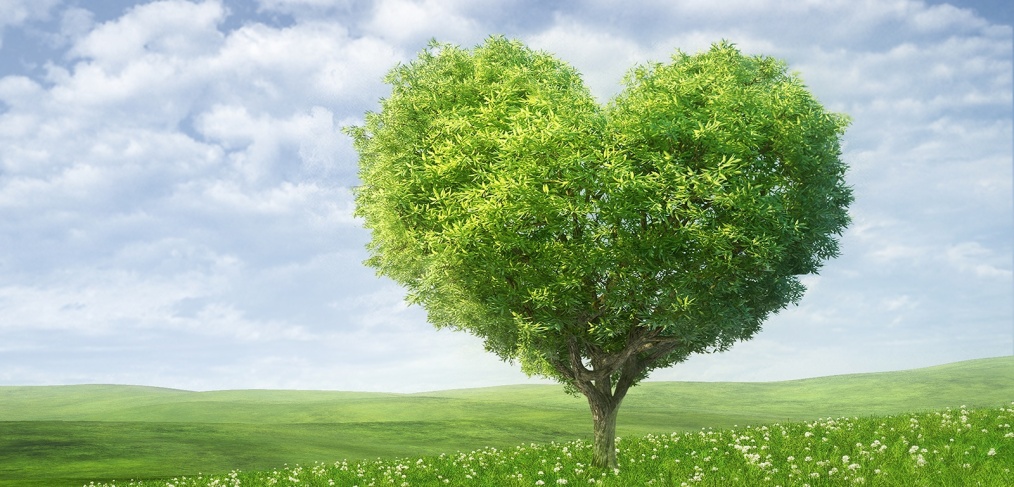We all have some capacity for evil.
Arguably the most famous experiment in the history of psychology, the 1971 Stanford prison study put a microscope on how social situations can affect human behavior. The researchers, led by psychologist Philip Zimbardo, set up a mock prison in the basement of the Stanford psych building and selected 24 undergraduates (who had no criminal record and were deemed psychologically healthy) to act as prisoners and guards. Researchers then observed the prisoners (who had to stay in the cells 24 hours a day) and guards (who shared eight-hour shifts) using hidden cameras.
The experiment, which was scheduled to last for two weeks, had to be cut short after just six days due to the guards’ abusive behavior — in some cases they even inflicted psychological torture — and the extreme emotional stress and anxiety exhibited by the prisoners.
“The guards escalated their aggression against the prisoners, stripping them naked, putting bags over their heads, and then finally had them engage in increasingly humiliating sexual activities,” Zimbardo told American Scientist. “After six days I had to end it because it was out of control — I couldn’t really go to sleep at night without worrying what the guards could do to the prisoners.”
We don’t notice what’s right in front of us.
Think you know what’s going on around you? You might not be nearly as aware as you think. In 1998, researchers from Harvard and Kent State University targeted pedestrians on a college campus to determine how much people notice about their immediate environments. In the experiment, an actor came up to a pedestrian and asked for directions. While the pedestrian was giving the directions, two men carrying a large wooden door walked between the actor and the pedestrian, completely blocking their view of each other for several seconds. During that time, the actor was replaced by another actor, one of a different height and build, and with a different outfit, haircut and voice. A full half of the participants didn’t notice the substitution.
The experiment was one of the first to illustrate the phenomenon of “change blindness,” which shows just how selective we are about what we take in from any given visual scene — and it seems that we rely on memory and pattern-recognition significantly more than we might think.
Delaying gratification is hard — but we’re more successful when we do.
A famous Stanford experiment from the late 1960s tested preschool children’s ability to resist the lure of instant gratification — and it yielded some powerful insights about willpower and self-discipline. In the experiment, four-year-olds were put in a room by themselves with a marshmallow on a plate in front of them, and told that they could either eat the treat now, or if they waited until the researcher returned 15 minutes later, they could have two marshmallows.
While most of the children said they’d wait, they often struggled to resist and then gave in, eating the treat before the researcher returned, TIME reports. The children who did manage to hold off for the full 15 minutes generally used avoidance tactics, like turning away or covering their eyes. The implications of the children’s behavior were significant: Those who were able to delay gratification were much less likely to be obese, or to have drug addiction or behavioral problems by the time they were teenagers, and were more successful later in life.
We can experience deeply conflicting moral impulses.
A famous 1961 study by Yale psychologist Stanley Milgram tested (rather alarmingly) how how far people would go to obey authority figures when asked to harm others, and the intense internal conflict between personal morals and the obligation to obey authority figures.
Milgram wanted to conduct the experiment to provide insight into how Nazi war criminals could have perpetuated unspeakable acts during the Holocaust. To do so, he tested a pair of participants, one deemed the “teacher” and the other deemed the “learner.” The teacher was instructed to administer electric shocks to the learner (who was supposedly sitting in another room, but in reality was not being shocked) each time they got questions wrong. Milgram instead played recordings which made it sound like the learner was in pain, and if the “teacher” subject expressed a desire to stop, the experimenter prodded him to go on. During the first experiment, 65 percent of participants administered a painful, final 450-volt shock (labeled “XXX”), although many were visibly stressed and uncomfortable about doing so.
While the study has commonly been seen as a warning of blind obedience to authority, Scientific American recently revisited it, arguing that the results were more suggestive of deep moral conflict.
“Human moral nature includes a propensity to be empathetic, kind and good to our fellow kin and group members, plus an inclination to be xenophobic, cruel and evil to tribal others,” journalist Michael Shermer wrote. “The shock experiments reveal not blind obedience but conflicting moral tendencies that lie deep within.”
Recently, some commenters have called Milgram’s methodology into question, and one critic noted that records of the experiment performed at Yale suggested that 60 percent of participants actually disobeyed orders to administer the highest-dosage shock.
We’re easily corrupted by power.
There’s a psychological reason behind the fact that those in power sometimes act towards others with a sense of entitlement and disrespect. A 2003 study published in the journal Psychological Review put students into groups of three to write a short paper together. Two students were instructed to write the paper, while the other was told to evaluate the paper and determine how much each student would be paid. In the middle of their work, a researcher brought in a plate of five cookies. Although generally the last cookie was never eaten, the “boss” almost always ate the fourth cookie — and ate it sloppily, mouth open.
“When researchers give people power in scientific experiments, they are more likely to physically touch others in potentially inappropriate ways, to flirt in more direct fashion, to make risky choices and gambles, to make first offers in negotiations, to speak their mind, and to eat cookies like the Cookie Monster, with crumbs all over their chins and chests,” psychologist Dacher Keltner, one of the study’s leaders, wrote in an article for UC Berkeley’s Greater Good Science Center.
We seek out loyalty to social groups and are easily drawn to intergroup conflict.
This classic 1950s social psychology experiment shined a light on the possible psychological basis of why social groups and countries find themselves embroiled in conflict with one another — and how they can learn to cooperate again.
Study leader Muzafer Sherif took two groups of 11 boys (all age 11) to Robbers Cave State Park in Oklahoma for “summer camp.” The groups (named the “Eagles” and the “Rattlers”) spent a week apart, having fun together and bonding, with no knowledge of the existence of the other group. When the two groups finally integrated, the boys started calling each other names, and when they started competing in various games, more conflict ensued and eventually the groups refused to eat together. In the next phase of the research, Sherif designed experiments to try to reconcile the boys by having them enjoy leisure activities together (which was unsuccessful) and then having them solve a problem together, which finally began to ease the conflict.
We only need one thing to be happy.
The 75-year Harvard Grant study –one of the most comprehensive longitudinal studies ever conducted — followed 268 male Harvard undergraduates from the classes of 1938-1940 (now well into their 90s) for 75 years, regularly collecting data on various aspects of their lives. The universal conclusion? Love really is all that matters, at least when it comes to determining long-term happiness and life satisfaction.
The study’s longtime director, psychiatrist George Vaillant, told The Huffing ton Post that there are two pillars of happiness: “One is love. The other is finding a way of coping with life that does not push love away.” For example, one participant began the study with the lowest rating for future stability of all the subjects and he had previously attempted suicide. But at the end of his life, he was one of the happiest. Why? As Vaillant explains, “He spent his life searching for love.”
We thrive when we have strong self-esteem and social status.
Achieving fame and success isn’t just an ego boost — it could also be a key to longevity, according to the notorious Oscar winners study. Researchers from Toronto’s Sunny brook and Women’s College Health Sciences Center found that Academy Award-winning actors and directors tend to live longer than those who were nominated but lost, with winning actors and actresses outliving their losing peers by nearly four years.
“We are not saying that you will live longer if you win an Academy Award,” Donald Redelmeier, the lead author of the study, told ABC News. “Or that people should go out and take acting courses. Our main conclusion is simply that social factors are important … It suggests that an internal sense of self-esteem is an important aspect to health and health care.”
We constantly try to justify our experiences so that they make sense to us.
Anyone who’s taken a freshman Psych 101 class is familiar with cognitive dissonance, a theory which dictates that human beings have a natural propensity to avoid psychological conflict based on disharmonious or mutually exclusive beliefs. In an often-cited 1959 experiment, psychologist Leon Festinger asked participants to perform a series of dull tasks, like turning pegs in a wooden knob, for an hour. They were then paid either $1 or $20 to tell a “waiting participant” (aka a researcher) that the task was very interesting. Those who were paid $1 to lie rated the tasks as more enjoyable than those who were paid $20. Their conclusion? Those who were paid more felt that they had sufficient justification for having performed the rote task for an hour, but those who were only paid $1 felt the need to justify the time spent (and reduce the level of dissonance between their beliefs and their behavior) by saying that the activity was fun. In other words, we commonly tell ourselves lies to make the world appear a more logical, harmonious place.
We buy into stereotypes in a big way.
Stereotyping various groups of people based on social group, ethnicity or class is something nearly all of us do, even if we make an effort not to — and it can lead us to draw unfair and potentially damaging conclusions about entire populations. NYU psychologist John Bargh’s experiments on “automaticity of social behavior” revealed that we often judge people based on unconscious stereotypes — and we can’t help but act on them. We also tend to buy into stereotypes for social groups that we see ourselves being a part of. In one study, Bargh found that a group of participants who were asked to unscramble words related to old age — “Florida,” “helpless” and “wrinkled” — walked significantly slower down the hallway after the experiment than the group who unscrambled words unrelated to age. Bargh repeated the findings in two other comparable studies that enforced stereotypes based on race and politeness.
“Stereotypes are categories that have gone too far,” Bargh told Psychology Today. “When we use stereotypes, we take in the gender, the age, the color of the skin of the person before us, and our minds respond with messages that say hostile, stupid, slow, weak. Those qualities aren’t out there in the environment. They don’t reflect reality.”

